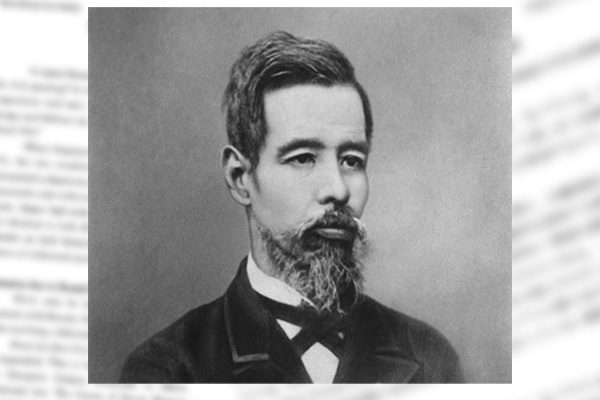In their ongoing official campaigns for the triennial House of Councilors election on July 10, Japanese political parties have failed to clarify the priority order of campaign issues apparently for lack of understanding about a difficult position Japan is put in under the current international situations. Candidates are loudly shouting something without differentiating between national and personal crises. Remembering great powers’ terribly tense diplomacy over the Korean Peninsula on the eve of the first Sino-Japanese war in the late 19th century, former Japanese Foreign Minister Munemitsu Mutsu in his memoir said, “I still can’t but feel appalled and horrendous when thinking back to those days.” I am afraid few Japanese politicians may understand Mutsu’s feeling.
Japan facing the third revolutionary change
In his foreign policy briefing at a meeting with U.S. West Coast newspaper editors a half century ago, Henry Kissinger, then national security adviser to President Richard Nixon, said that Commodore Matthew Perry’s arrival in Japan in 1853 and Japan’s World War II defeat in 1945 brought about decisive changes to Japan’s national polity. Apart from whether Kissinger’s description of national polity changes was right or not, the Perry arrival and the World War II defeat undoubtedly led to the Meiji Restoration and the postwar regime that represented revolutionary changes.
At present, however, an international change that would trigger the third revolutionary change in Japan is about to come. Japan’s postwar safety has been supported by the Japan-U.S. security arrangements. The arrangements are undoubtedly becoming unstable, though falling short of collapsing suddenly. China has become powerful in political, economic, military, technological and all other sectors and confident that it could outdo the United States in the not-so-distant future. Russia that demonstrates “no-limits” solidarity with China has launched invasion into Ukraine, sharply confronting with so-called Western countries.
Constitutional amendments should be the top issue
If the United States had demonstrated its leadership as seen just after World War II or the collapse of the Soviet Union, no problem would have occurred. However, the U.S. has refrained from direct military intervention in Ukraine. Anticipating such U.S. attitude, Russian President Vladimir Putin launched invasion into Ukraine and resorted to nuclear threats. In response to such big change in international environment, Germany turned around its national security policy. In a manner to follow suit, Japan’s government under Prime Minister Fumio Kishida domestically and externally vowed to increase defense spending substantially with a goal of 2% of gross domestic product in five years. Both Japan and Germany have clarified their breakaway from the postwar concept of an economically powerful, lightly armed country.
Naturally, the top issue for House of Councilors election campaigns should be whether Japan should amend its constitution to restructure itself. Are there any candidates who have voiced opinions regarding the core of Japan’s national crisis? Has politicians’ patriotic performance to prioritize the nation over themselves lost popularity?
Tadae Takubo is Vice President, Japan Institute for National Fundamentals, and a professor emeritus at Kyorin University.


